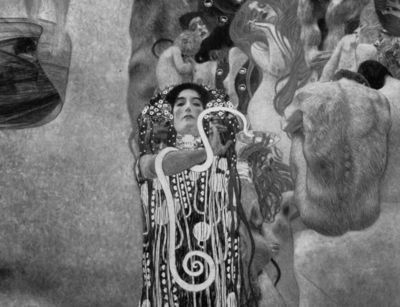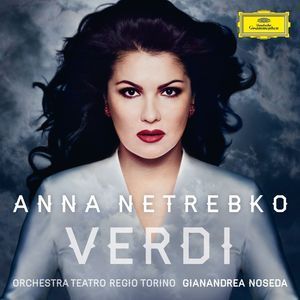Alex Ross's Blog, page 160
September 14, 2013
The orchestra crisis at 110
Alfred Wallenstein (1898-1983), in the New York Times, 1950.
Readers of this blog in its early days may recall a steady stream of posts on the topic of what I called the "non-death of classical music." In my 2004 piece "Listen to This," I noted that the art form has been on a farewell tour for several hundred years, and quoted Charles Rosen's immortal aphorism, "The death of classical music is perhaps its oldest continuing tradition." Three years later, I illustrated the point by stringing together various prophecies of classical doom. I eventually foreswore such commentary, having reached the conclusion that "all stories about this non-topic — including those protesting that
classical music isn't dead after all, as well as those protesting that
the entire discussion is a waste of time — are a waste of time." But I can't resist linking to Jon Silpayamanant's Annotated Bibliographic Timeline of "Orchestra Crisis." It's a much more thorough version of the anthology I attempted in 2007. Particularly noteworthy is this Richard Aldrich quotation from 1923: "Everywhere the mounting costs of orchestral performances are becoming a matter of concern." Die alte Weise! Silpayamanant's posts about the supposed ageing of the classical audience are also worth a look. There are real problems in the classical world, but the lack of a sense of history and perspective can be exasperating. We should be particularly wary of talk of a crisis when it is emanating from flailing leaders attempting to distract attention from their mistakes.
September 13, 2013
Flaschenpost
NASA has confirmed that the Voyager 1 spacecraft is now in interstellar space. The famous "Golden Record" curated by Carl Sagan ends with the Cavatina from Beethoven's Quartet Opus 130, as played by the Budapest Quartet. The opening bars are also heard at the very beginning of the Voyager sequence.
Cavatina
NASA has confirmed that the Voyager 1 spacecraft is now in interstellar space. The famous "Golden Record" curated by Carl Sagan ends with the Cavatina from Beethoven's Quartet Opus 130, as played by the Budapest Quartet. The opening bars are also heard at the very beginning of the Voyager sequence.
"The city was a dream..."
When I was a junior in high school, I read this New Yorker article by George Steiner — a commentary on Hermann Broch's study of Hugo von Hofmannsthal. It changed my life: I began obsessively studying the art, literature, and music of fin-de-siècle Vienna. (Carl Schorske's book was, of course, my next stop.) I could never rival Steiner's erudition, but I always hope that my writing will have a comparable effect on some young reader — set a little fire in the brain.
September 12, 2013
Britten at One
Correcting the record
September 11, 2013
Anniversaries
A Guardian story on the killing of Víctor Jara, forty years ago.
September 10, 2013
Dud of the month*
Much of the singing on this record is undistinguished, and the coloratura in the bolero from I Vespri Siciliani borders on the embarrassing: I can't understand how that track was deemed worthy of release. The Macbeth excerpts suggest that Netrebko might deliver an arresting live rendition of the role of Lady Macbeth, but on the whole the project has the feeling of a miscalculation, at least in the artistic sense. Commercial considerations are, of course, another matter.
*In homage to the great Robert Christgau.
Wagner of the day
"I spring into life when the curtain rises, and when it falls I might as well die. The world I exist in between performances is the strange one, alien, dark, confused."
— Olive Fremstad, quoted in Peter G. Davis's classic book The American Opera Singer
September 9, 2013
Vexations at 50
John Cage's epic presentation of the Satie Vexations took place fifty years ago today. There has been fairly ample coverage of Vexations on the blog over the years: I've posted the lineup of the 1963 event, a Joshua Rifkin footnote, my 1993 Times review of Vexations at Roulette, and pictures and video of the Make Music vibraphone rendition last year (whence the video above). A search of Google News suggests that the only organization to mark the anniversary is the Musikschule Winsen, which deployed a forty-member piano team last Friday. A footnote to the original marathon: in the audience for part of the time was Andy Warhol, who, at the time, was working on his film Sleep. Warhol may have been emboldened by Cage's experiment.
Alex Ross's Blog
- Alex Ross's profile
- 425 followers






